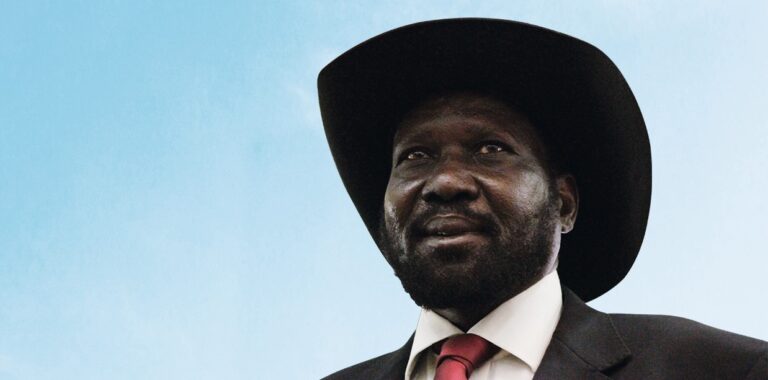South Sudan’s President Salva Kiir on Friday ordered the Juba Electricity Distribution Company to reduce power tariffs in the capital, calling for more affordable electricity while safeguarding investor interests.
The presidential order, broadcast on state-owned South Sudan Broadcasting Corporation, follows a committee’s review of the power purchase agreement for Juba’s 100-megawatt power plant.
Under the new rates, households using under 100 kilowatt-hours per month will see their rate drop from 30.3 cents to 27.3 cents per kWh. Consumption above 100 kWh will be charged 28.5 cents, down from 31.6 cents. Connection fees and monthly service charges were also reduced, along with tariffs for commercial, industrial and government users.
Kiir also mandated a restructuring of the power distributor, known as JEDCO, giving the government a controlling 60% stake through the South Sudan Electricity Corporation. The current contractor, Ezra Construction, will retain 40%.
The president directed broader reforms, including renegotiating power agreements and diversifying energy sources to include solar and hydropower.
Policy analysts who spoke to Radio Tamazuj welcomed the reduction but stressed that access, not just cost, is the critical issue.
James Boboya, a policy analyst, noted that electricity reaches only a small fraction of Juba’s population of nearly 500,000.
“Electricity is only accessible to less than 50,000 households in Juba,” Boboya said. “The government should ensure every household gets connected first, and then begin charging.”
He also criticized corruption within the sector. “It’s not only the company exploiting citizens; officials appointed to power have become some of the most corrupt actors, undermining national interest,” he said.
Civil society activist Ter Manyang described the order as a “vital step” but questioned its implementation.
“This is a positive step, but our concern is effective implementation. Electricity should be extended beyond Juba, because lack of power contributes to crime at night,” Manyang said. He emphasized that reliable electricity is a necessity for development, particularly for youth education and innovation.
Access to electricity in South Sudan is among the lowest globally. World Bank estimates indicate less than 7% of the population has access, with the majority confined to Juba. By comparison, neighboring Kenya has an electricity access rate of over 75%.




